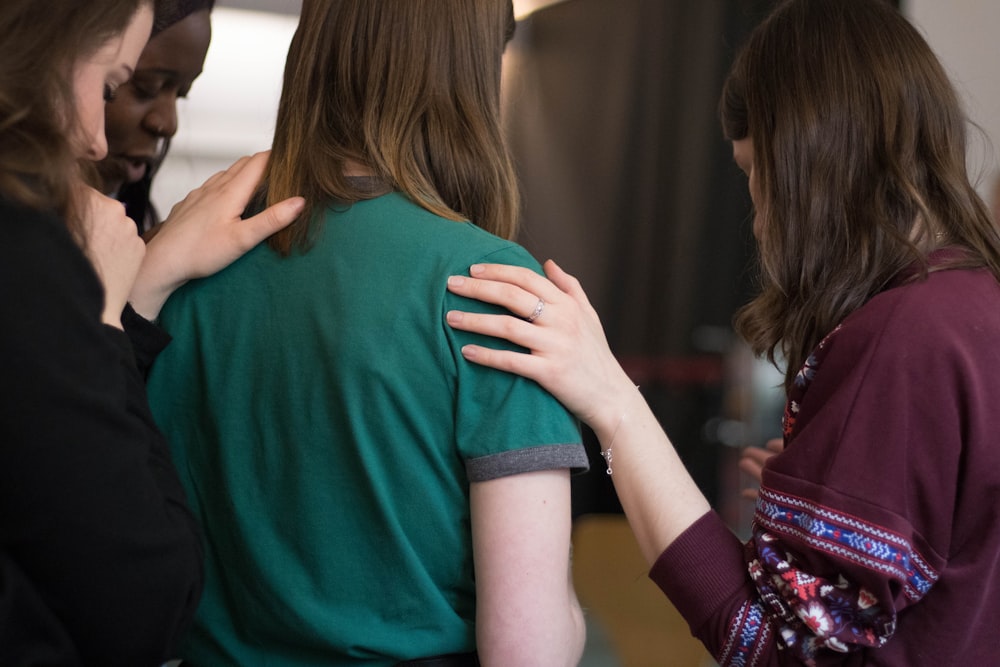
Relationships require trust and care. Sunday School and small groups are either built upon trusting, caring relationships or these groups become very superficial. Real relationships require more than words. Our actions speak louder than our words.
Prayer is an action that is critical for adding trust and care into our relationships with each other AND with our community. But, again, prayer is more than a promise. The promise of prayer builds trust and care when it is accompanied by two actions: praying and following up.
Prayer Requests
There are some small but important ways that we can encourage those who are making prayer requests that build care and trust in powerful ways. Consider these seven steps:
- REQUEST: ask, How can I pray for you and your family?
- LISTEN: listen carefully to what is shared (look them in the eye; listen beyond the words; ask clarification questions when needed)
- WRITE: write down the request (this is more critical than you think: your memory is not as good as you think and it is a visual message to the requester about how important you believe their request is)
- PRAY IN PERSON: ask, Do you have time for me to pray for you right now? (asking says you care about their schedule and the requests)
- SEEK CONTACT INFO: if you don’t have contact information for the person (who might be a prospect, for instance), ask, Would you share your email, phone, or text number so I can follow up on the request in a few days?
- PRAY ONGOING: promise to continue praying–and be faithful to do so
- FOLLOW UP: follow up on the request in a few days (ideally in person or by phone–this makes it even more personal); contact to ask (for instance), How did your mother’s surgery go?
Prayer Really Matters
When our prayer requests with members, prospects, and the community include these seven steps, people will know several things about us:
- we believe in a God to whom we pray
- we actually believe prayer works
- we really care and believe prayer will help
- we are not just saying we will pray, we show it
- we don’t just care at the moment but continue to care for them as persons.
When our relationships include this kind of prayer requests and prayer, care and trust are built over time with everyone. We are drawn closer to God and to others. Our care will attract more people to our groups. Our world needs more prayer and care. Won’t you take time to ask someone how you can pray for them today?
Photo by Rosie Fraser on Unsplash
